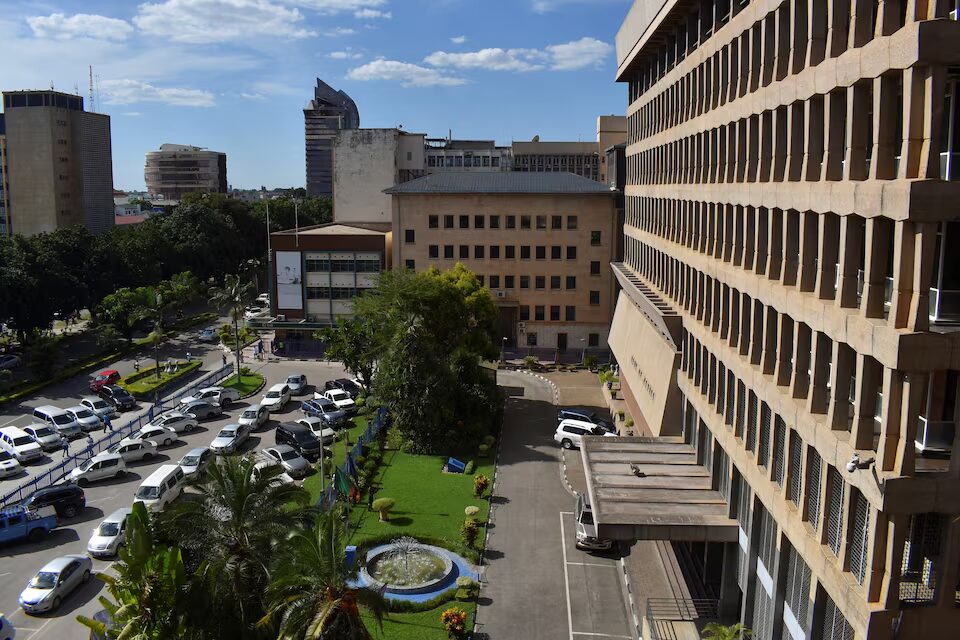
Sunday, 1st February 2025

At the Mission 300 Africa Energy Summit in Tanzania, held in January 2025, African leaders took an unprecedented stand on a pressing issue: the devastating health and environmental toll of open fire cooking, responsible for claiming the lives of over 600,000 women and children annually. In response, 12 African countries made firm commitments to accelerate the implementation of clean cooking solutions, marking a shift in how the continent addresses its energy crisis. These agreements align with the United Nations’ Sustainable Development Goal 7 and the African Union’s Agenda 2063, setting the stage for a new era of energy access in Africa.
Tanzania, under the leadership of President Suluhu Hassan, has positioned itself as the beacon of this movement. The country aims to transition 80% of its population to clean cooking technologies by 2034—a goal that underscores Tanzania’s commitment to safeguarding public health and the environment. In her closing remarks, President Hassan stated, “The 12 governments are only the beginning; many others will follow suit as we push towards our 2030 target. This summit is a catalyst for the future of clean cooking.”
The summit, co-organized by the Tanzanian government, the African Development Bank Group, and the World Bank Group, highlighted the gravity of Africa’s energy divide. While 600 million Africans live without electricity, over a billion people—nearly double that number—rely on dangerous biomass fuels such as wood and charcoal for cooking. The consequences of this reliance extend far beyond health, with the economic impact on the continent estimated at $790 billion annually.
Industry leaders at the summit presented a stark vision of the future, one where access to clean cooking is no longer a privilege but a basic right. Dr. Richard Muyungi, Tanzania’s Special Envoy to the President, shared the country’s comprehensive National Clean Cooking Strategy, emphasizing that effective solutions require political will, private sector collaboration, and community engagement. “It’s about elevating the issue to the highest level of governance,” Muyungi said, “and Tanzania is leading the charge.”
Peter Scott, CEO of Burn Manufacturing, Africa’s largest clean cooking manufacturer, spoke about the financial opportunities available to scale clean cooking solutions across the continent. With carbon credits poised to play a significant role in financing these efforts, Scott expressed optimism: “This is the most exciting time in the history of clean cooking,” he said. “Now, there’s a vast pool of funding waiting to be unleashed once the regulatory framework for carbon credits is in place.”
Meanwhile, Martin Kimani, CEO of M-Gas, shared the success of his company’s pay-as-you-cook LPG model, which has already enabled half a million households in Kenya and Tanzania to transition to cleaner cooking. By integrating affordable, pay-as-you-go LPG systems with IoT-enabled smart meters, M-Gas has made it possible for households to cook clean meals without upfront payment. “The key is affordability,” Kimani stressed, underscoring the importance of financing models that allow low-income families to make the switch to cleaner energy.
Tanzania’s National Clean Cooking Strategy, published in 2024, aims to address the nation’s own challenges—3,000 deaths annually due to cooking-related diseases and the loss of 400 hectares of forest each year from charcoal and firewood use. The strategy, championed by President Hassan, has become a central part of the nation’s development agenda, with the clear goal of reducing these numbers while creating a sustainable future for its people.
The African Development Bank’s pledge of $2 billion over the next decade to support clean cooking solutions is an important step, but it’s still far from the $4 billion needed annually to ensure clean cooking access for every African household by 2030. As Akinwumi Adesina, President of the African Development Bank, put it: “Why should anyone have to die just to cook a decent meal that is taken for granted in other parts of the world?” His words reflect a simple truth: the time for action is now.


